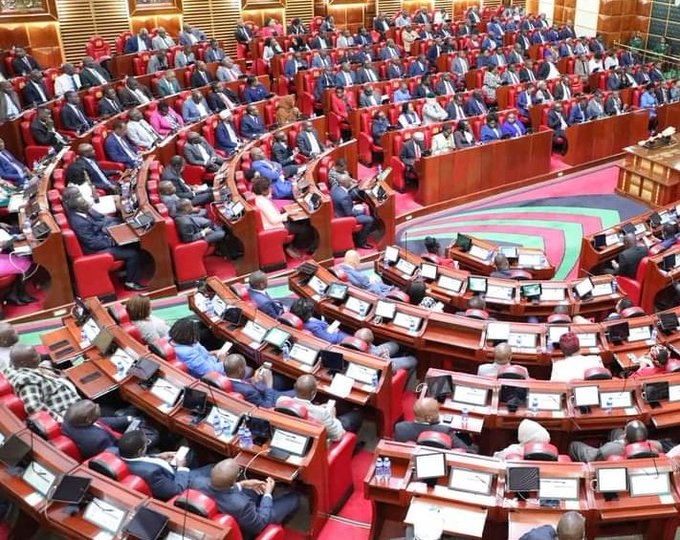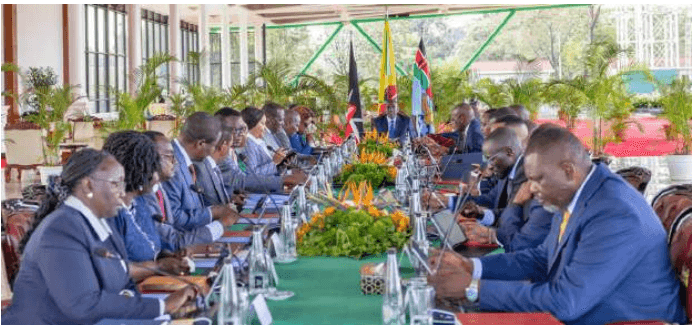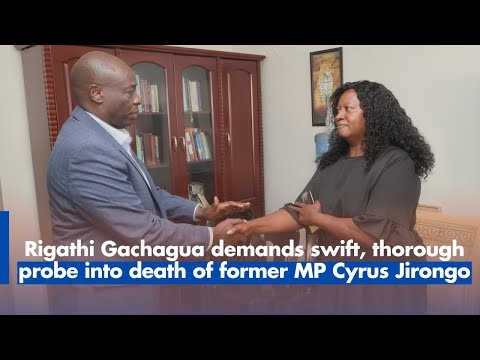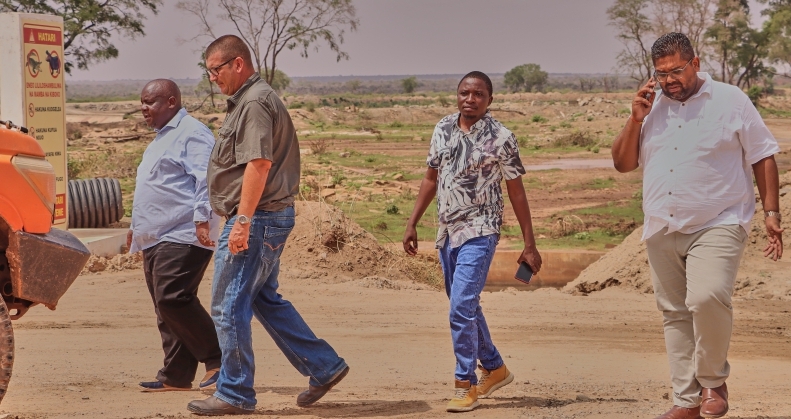Every year on the fourth Saturday of November, Ukraine commemorates the victims of communist crime – the artificially created Great Famine (Holodomor) of 1932–1933.
This year we commemorate the 90th anniversary of one of the greatest human tragedies not only in our history but of mankind.
Millions of innocent Ukrainians were starved to death by Stalin’s regime. Barbaric seizure of Ukrainian land and crops were undertaken with the pre-planned political goal of subjugating the Ukrainian people.
Additionally, the Stalinist communist regime launched attacks on the Ukrainian Church and the Ukrainian national, cultural and political elites.
The Holodomor (a combination of Ukrainian words standing for hunger and death) was a deliberate and ruthlessly implemented genocide aimed at destroying people.
The origins of the famine lay in the decision by Joseph Stalin to collectivize agriculture in 1929.
Teams of Communist Party agitators forced peasants to relinquish their land, personal property, and sometimes housing to collective farms.
It sparked a series of peasant rebellions, including armed uprisings, in some parts of Ukraine.
The Soviet secret police and the Red Army ruthlessly suppressed these protests. Tens of thousands of farmers were arrested for participating in anti-Soviet activities, shot, or deported to labor camps in Siberia.
As a retaliation towards Ukrainians the leadership of the Soviet Communist Party, took a series of decisions that widened and deepened the famine in the Ukrainian countryside.
Farms, villages, and whole towns in Ukraine were placed on blacklists and prevented from receiving food.
Peasants were forbidden to leave the territory of Ukraine in search of food.
The organized groups of police ransacked the homes of peasants and took everything edible, from crops and personal food supplies to pets.
Ukraine, with its history of resistance to Soviet rule, was a threat to the regime. Fearing that opposition to his policies in Ukraine could intensify and possibly lead to Ukraine's secession from the Soviet Union, Stalin set unrealistically high grain procurement quotas accompanied by other harsh measures.
In August of 1932, the decree of "Five Stalks of Grain," stated that anyone, even a child, caught taking any produce from a collective field, could be shot or imprisoned for stealing "socialist property."
At the beginning of 1933, about 54,645 people were tried and sentenced; of those, 2,000 were executed.
At the height of the Holodomor in June of 1933, Ukrainians were dying at a rate of 28,000 people per day. Between 7 and 10 million Ukrainians died during the Holodomor.
While Ukrainians were dying, the Soviet state extracted 4.27 million tons of grain from Ukraine in 1932, enough to feed at least 12 million people for an entire year.
The government could have organized famine relief and could have accepted help from outside of the USSR. Moscow rejected foreign aid and denounced those who offered it, instead exporting Ukraine's grain abroad for cash.
The Holodomor in Ukraine of 1932-1933 was officially recognized as the Genocide of the Ukrainian people by 28 states and the European Parliament.
In 2023, 13 countries joined the international coalition recognizing the Holodomor as a Genocide of Ukrainians.
Today, nine decades after the Holodomor, Ukrainians are once again dying as a result of Russia’s continuous attempts to destroy the identity and aspirations of the Ukrainian people.
Kremlin minions use the methods of genocide for the elimination of Ukrainian nationals, culture, and language. Moscow’s barbarians kill Ukrainians, destroy cities, towns and villages, as well as blow up cultural institutions.
But Russian aggression against Ukraine poses a threat not only to Ukrainians but also to the whole world, exacerbating the problem of food security, putting hundreds of thousands of people in various countries of the world, in particular, Africa, on the verge of survival.
Right after withdrawing from the Black Sea Grain Initiative, Russia demonstrated its true attitude toward global food security by attacking the infrastructure of key Ukrainian seaports, Odesa and Chornomorsk, including grain and oil terminals used to secure agricultural exports from Ukraine.
The world cannot afford to allow Russia to continue its 'hunger games'.
Only a firm and unanimous reaction from the international community could bring the Russian aggressor state to its senses and force it to ensure an uninterrupted flow of food supplies through the vital Black Sea route.
The writer is Ukrainian Ambassador to Kenya
















